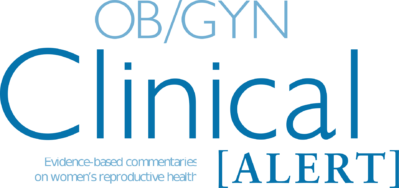
OB/GYN Clinical Alert – May 1, 2019
May 1, 2019
View Archives Issues
-
The Changing Face of Labor Management
Throught the years, clinicians' understanding of the conduct of labor has undergone periodic re-evaluation. In the 1950s, cesarean delivery was a major operation. Today, the procedures are shorter, accompanied by less surgical fanfare, and associated with fewer days in the hospital. Nevertheless, as the only other option to vaginal delivery, the operation, performed in 35% of cases for failure to progress, still should be considered “major” considering its potential for maternal complications.
-
Staged Preeclampsia Screening in Early Pregnancy
The use of 150 mg of daily aspirin from 11 to 14 weeks through 36 weeks of gestation reduces the rate of early preeclampsia (PE) in approximately 90% of at-risk pregnancies. In addition, aspirin also provides the benefit of reducing the risk of PE < 37 weeks by about 60% and the length of NICU stay by about 70%, primarily by reducing the number of neonates delivered before 32 weeks. What constitutes a high-risk patient and what quantifies patient-specific risks before PE develops remain to be answered.
-
Should All Pregnant Women Be Screened for Hepatitis C?
In this cost-effectiveness analysis using Markov modeling, investigators found that universal antenatal screening for hepatitis C was cost-effective, with a mean incremental cost-effectiveness ratio of approximately $3,000 per quality-adjusted life years gained compared to risk-based screening.
-
Thank You, John Hobbins; Welcome Camille Hoffman
